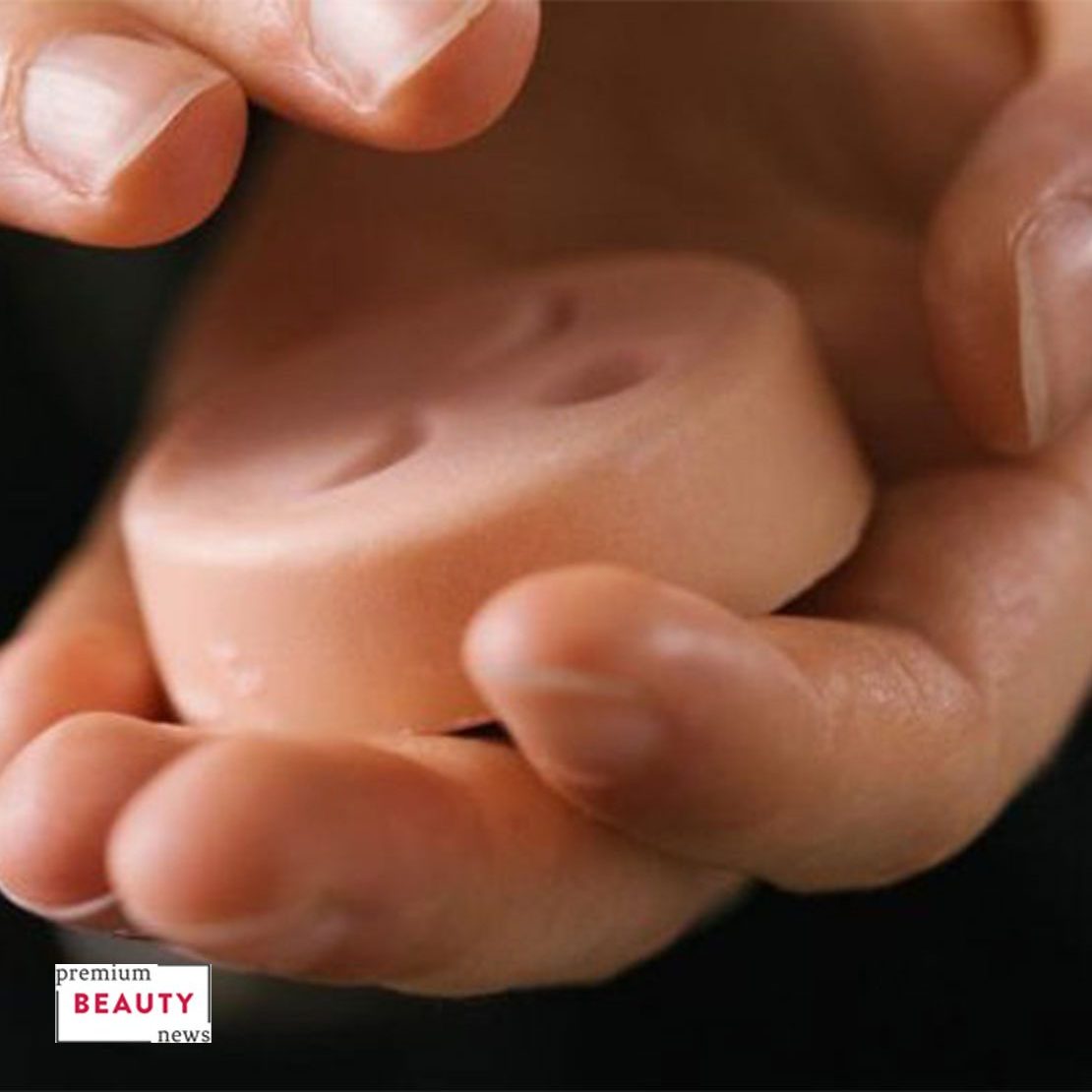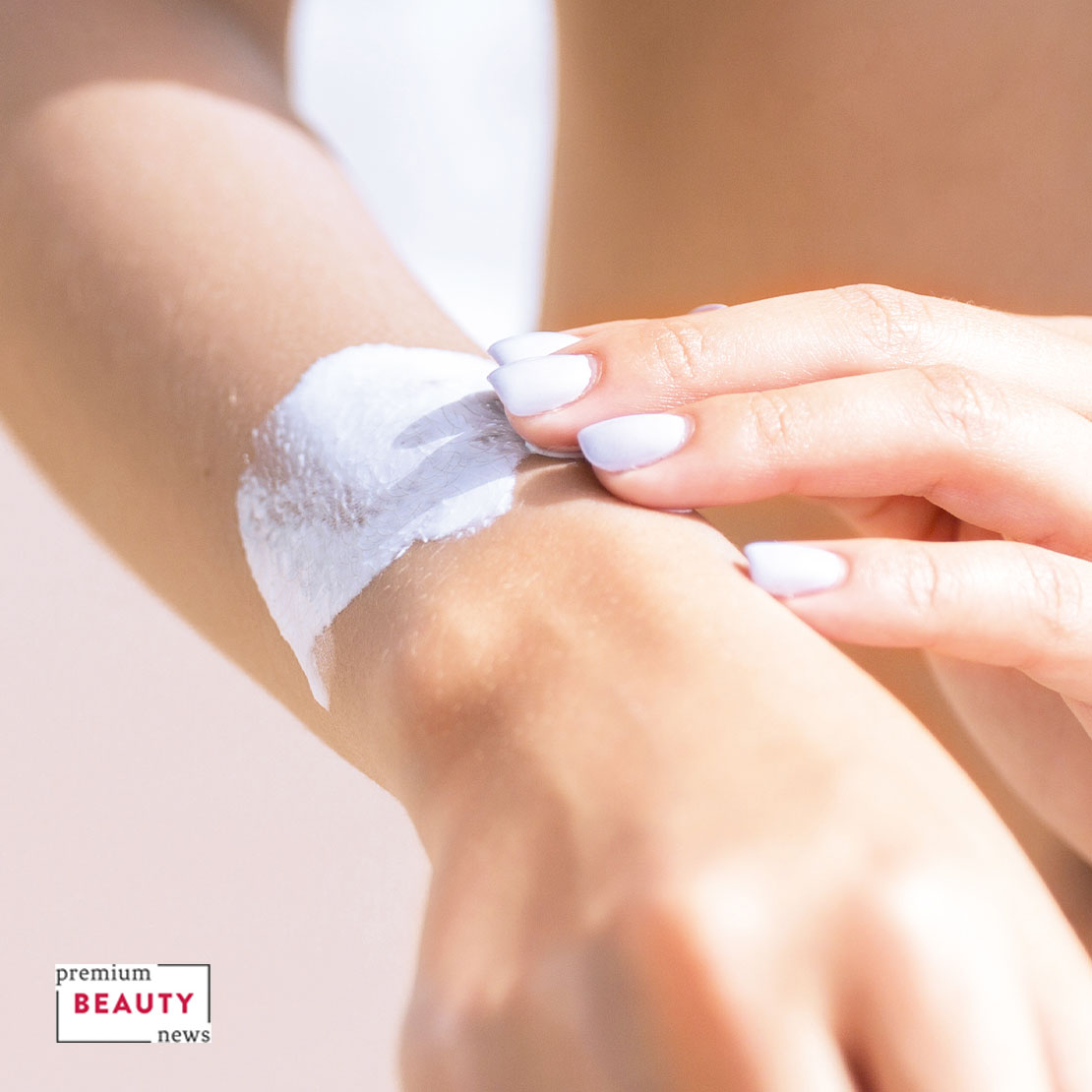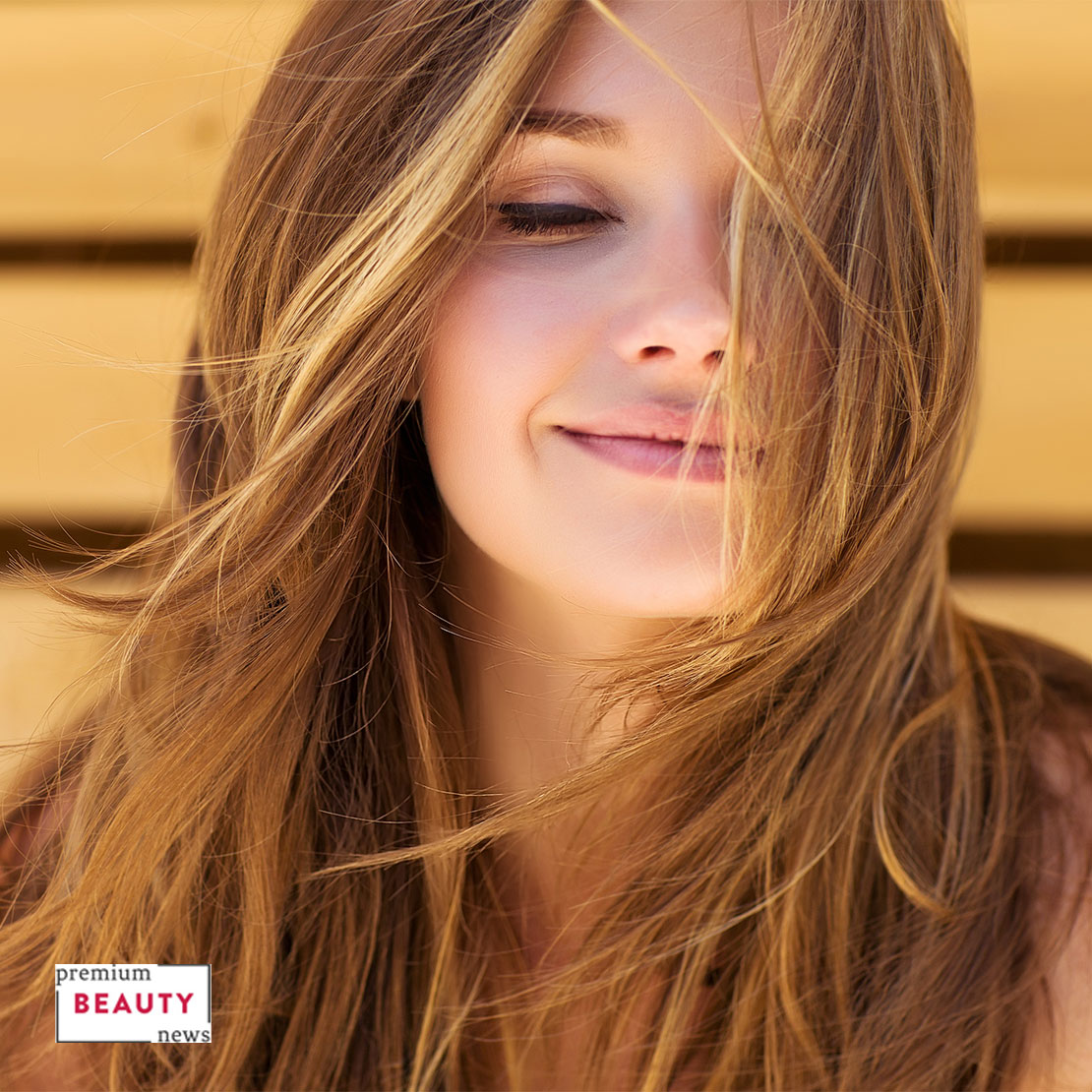Perfectly in line with current trends, like nomadism, clean beauty, and zero waste, solid cosmetics are booming. Historically positioned on the makeup segment, over the past few years, solid products have stormed into that of hygiene, bringing both new solutions and gestures which quickly found their own public. They are now entering the skincare category due to the cumulated effect of innovation and a rising consumer expectation as regards more hygienic ‘post-COVID’ applications.
Stick foundations, highlighters, blushes, concealers… makeup already offers many solid products for their functional, travel-size, and easy-to-use qualities. Non-deformable and totally or almost totally deprived of water, solid cosmetics are also gaining ground in the hygiene category, due to the no pack movement. Solid shampoos, shower gels, and toothpaste have conquered cosmetics departments, initially driven by small independent brands with a natural and organic profile, before the trend was followed by mass market giants: N.A.E. for Henkel, Love Beauty and Planet for Unilever, L’Oréal… And yet, it is still hard to assess the size of this market.
“In the United States, for example, most of the brands that have entered this market are indie brands that do not appear in Nielsen or NPD statistics. In Europe, it is estimated that this market represents 5% of the cosmetics market, but according to the current forecasts, it will soon achieve a strong growth. In France, solid cosmetics make up a very dynamic market with different brand typologies: there are independent (Respire, Umaï), professional (Christophe Robin, Cut by Fred), but also masstige brands (Yes To, Sephora…)”, explains Stéphanie Reymond, founder and Director of Effervescience, a technical and marketing consulting agency specialized in beauty.
Consuming with a clear conscience
French independent pioneer brand Lamazuna perfectly embodies this boom. Initially focused on the zero waste concept applied to the bathroom, Lamazuna was launched ten years ago with reusable cleansing wipes. Then, starting from 2014, they developed solid cosmetics: toothpaste, deodorants, shampoos, and conditioners with 100% natural and vegan formulas. The COSMOS-Organic-labelled solid conditioner was released in May 2020.
Today, the brand counts over 50 references and achieves a 10-million-euro turnover with 30% export sales. “We used to be a small natural and organic brand and we have become a consumer brand,” says founder Laëtitia van de Walle.
It only took a few years for solid products to reach new consumer profiles. “In 2015, our consumers were mostly young urban girls. Now, there are as many men as there are women, and no more age limits,” adds the creator. “Demand evolves at the same pace as consumers change the way they make a purchase, taking action for the environment. These new consumer-actors make the offering evolve towards new proposals,” confirms Stéphanie Reymond.
Towards skincare and premium products
Laëtitia van de Walle reveals she now aims to focus her innovation work on the skincare segment. There are countless galenic possibilities, most of which are inspired from makeup: stick serums and sun products already exist, as well as cleansing or exfoliating powders, pebbles… but the trend can still evolve if things are considered from other angles. “Drivers include raw materials, formulas, technology transfers derived from other industries, packaging… but solid cosmetics could also grow by entering the luxury market,” explains Stéphanie Reymond.
The movement emerged a while ago. For example, in 2018, the Sicaf laboratory, which belongs to the Anjac group, focused their R&D strategy for solid cosmetics on the prestige market. “We wanted to develop solid products for premium brands, while guaranteeing the sensoriality and efficacy of a standard cosmetic product. It was a huge challenge because it did not exist,” explains Béatrice Anthouard, Formulation & Prospective Director of Sicaf.
In 2019, the laboratory introduced a first range at Cosmetagora which won the formulation award. This range reproduced all standard skincare gestures in sticks: cleansers, masks, scrubs, serums, creams, eye contours… “Starting from that moment, we noticed a real craze among our customers and prospects, not only from the natural segment, but also premium brands,” says Béatrice Anthouard. To preserve sensoriality, the laboratory has not completely got rid of water in their formulas: they turn gel textures and emulsions into solid formulas. “It is definitely possible to obtain a stick with water. It is a technical feat we have just industrialized,” adds the Director.
The second generation to be launched next autumn does not comprise any pack, this time, and the formulas are exclusively anhydrous in order to reduce water consumption, in line with the Blue Beauty movement. “It is a real challenge to offer solid face care products without any packaging, while preserving sensoriality and performance. The formulas need to be designed with actives that provide interesting results, but which can also resist high temperatures for several hours,” says Béatrice Anthouard. For this five- to six-product face care range, the laboratory worked on solid formulas and on the ergonomics of finished products by drawing inspiration from facialist techniques, which have come back to the fore. “Consumers will need to get used to these new gestures, but the Covid crisis is actually a positive catalyser,” adds Anne Rutigliano, Marketing and Communication Director of the Anjac Group, to which the Sicaf laboratory belongs.
This differentiating approach has already seduced several brands: according to Sicaf, they are already discussing future launches based on the concept.
The COVID phenomenon as a key driver
Simple, but efficient gestures, the return to basics, health security… all these consumption criteria related to the current crisis will also boost the development of solid formulas in cosmetics. To accelerate innovation in this field, next autumn, the Effervescience agency will launch the STAR (Solid Technical Accelerator Responsible) Cosmetic Programme in partnership with Tectic. The idea is to create and coordinate a network of players in this segment, decipher and analyze the market, trends, and scientific and technical challenges, and inspire opportunities and insights in relation to solid cosmetics.
Find the article here.
Premium Beauty News


